TRADUCTION DE FRANÇAIS EN ANGLAIS
Cela faisait cinq ans qu’elles ne s’étaient pas vues. Jusqu’à leur dernier déjeuner. Il était à peine huit heures, Alice sortait de sa douche quand le téléphone avait sonné. Elle avait jeté un regard distrait sur l’écran et hésité à répondre en voyant s’afficher un numéro qu’elle ne connaissait pas.
– Alice? C’est Cécile.
Elle ne disait plus : « C’est moi », mais « Cécile ». Un prénom qu’Alice avait retiré de son répertoire. Aurait-elle répondu si elle avait su qui appelait ?
– Il faut que je te voie, que je te parle, c’est très important, enfin ça l’est pour moi. Aujourd’hui, si tu as un moment.
– Qu’est-ce qui se passe ? C’est grave ? Je ne peux pas aujourd’hui.
– Tu ne peux pas t’arranger ?
Alice s’arrangea. Elles avaient convenu de se retrouver pour le déjeuner dans un restaurant que Cécile avait choisi. Alice était paisible en se rendant au rendez-vous et s’en étonna. Elle ne put s’empêcher d’alerter ses sœurs, comme si leur dire allégeait la rencontre, en faisait une anecdote parmi d’autres. Elle ne prévint pas son mari. David était déjà parti au bureau et lui aurait conseillé de ne pas y aller.
Kéthévane Davrichewy Davrichachvili, Les Séparées, Sabine Wespieser Éditeur, 2011.
TRADUCTION D’ANGLAIS EN FRANÇAIS
When the telephone rang Gill was outside, raking the leaves into coppery piles, while her husband shovelled them on to a bonfire. It was a Sunday afternoon in late autumn. She ran into the kitchen when she heard its shrilling, and immediately felt the warmth of inside enfold her, not having realized, until then, how chilly the air had become. There would most likely be a frost that night.
Afterwards, she walked back up the path towards the little bonfire, from which blue-grey smoke was spiralling into a sky already beginning to darken.
Stephen turned as he heard her approach. He saw bad news in her eyes, and his thoughts flew, at once, to their daughters: to the imagined dangers of central London, to bombs, to once-routine tube and bus journeys suddenly turned into wagers with life and death.
‘What is it?’
And when Gill told him that Rosamond had died, finally, at the age of seventy-three, he was unable to ward off a shameful flood of relief. He took Gill in his arms, and they embraced gently, in a silence broken, for a minute or more, only by the crackling of burning leaves, the call of a wood pigeon, the murmur of distantly passing cars.
‘The doctor found her,’ Gill said, easing away. ‘She was sitting up in her armchair, stiff as a board.’ She sighed. ‘Well, I shall have to go to Shropshire tomorrow and talk to the lawyer. Start fixing up the funeral.’
‘Tomorrow? I can’t come,’ Stephen said quickly.
‘I know.’
Jonathan Coe, The Rain Before It Falls. Viking, 2007.
EXPRESSION ECRITE
Despite high youth voter turnout in 2008 – 48.5 percent of 18- to 24-year-olds cast ballots that year – levels are expected to return to usual lows this year, and with that the usual hand-wringing about disengagement and apathy among young voters.
Colleges and universities are supposed to be bastions of unbridled inquiry and expression, but they probably do as much to repress free speech as any other institution in young people’s lives. In doing so, they discourage civic engagement at a time when debates over deficits and taxes should make young people pay more attention, not less.
Since the 1980s, in part because of « political correctness » concerns about racially insensitive speech and sexual harassment, and in part because of the dramatic expansion in the ranks of non-faculty campus administrators, colleges have enforced stringent speech codes. These codes are sometimes well intended but, outside of the ivory tower, would violate the constitutional guarantees of freedom of speech. From protests and rallies to displays of posters and flags, students have been severely constrained in their ability to demonstrate their beliefs. The speech codes are at times intended to enforce civility, but they often backfire, suppressing free speech instead of allowing for open debate of controversial issues.
Last month, Christopher Newport University in Newport News, Va., forbade students to protest an appearance by Representative Paul D. Ryan, the Republican vice-presidential nominee. Why? According to university policy, students must apply 10 business days in advance to demonstrate in the college’s tiny « free speech zone » – and Mr. Ryan’s visit was announced on a Sunday, two days before his Tuesday visit.
Also last month, a student at Ohio University in Athens, Ohio, was blocked from putting a notice on her door arguing that neither President Obama nor Mitt Romney was fit for office. (She successfully appealed.) And over the summer, a federal judge struck down the University of Cincinnati’s « free speech zone, » which had limited demonstrations to 0.1 percent of the campus.
In a study of 392 campus speech codes last year, the Foundation for Individual Rights in Education, where I work, found that 65 percent of the colleges had policies that in our view violated the Constitution’s guarantee of the right to free speech. (While the First Amendment generally prohibits public universities from restricting non-disruptive free speech, private colleges are not state actors and therefore have more leeway to establish their own rules.)
Some elite colleges in particular have Orwellian speech codes that are so vague and broad that they would never pass muster at state-financed universities. Harvard is a particularly egregious example. Last year, incoming Harvard freshmen were pressured by campus officials to sign an oath promising to act with « civility » and « inclusiveness » and affirming that « kindness holds a place on par with intellectual attainment. » Harry R. Lewis, a computer science professor and a former dean of Harvard College, was quick to criticize the oath. « For Harvard to ‘invite’ people to pledge to kindness is unwise and sets a terrible precedent, » he wrote on his blog. « It is a promise to control one’s thoughts. »
Civility is nice, but on college campuses it often takes on a bizarre meaning. In 2009, Yale banned students from making a T-shirt with an F. Scott Fitzgerald quotation – « I think of all Harvard men as sissies, » from his 1920 novel « This Side of Paradise » – to mock Harvard at their annual football game. The T-shirt was blocked after some gay and lesbian students argued that « sissies » amounted to a homophobic slur. « What purports to be humor by targeting a group through slurs is not acceptable, » said Mary Miller, a professor of art history and the dean of Yale College.
Elsewhere, rules that aim for inclusiveness do more to confuse students than to encourage debate. Earlier this year, Vanderbilt prohibited student groups (if they wished to receive university support and financing) from barring students from leadership positions based on their beliefs. The apparent goal was to prevent evangelical Christian groups from excluding gay students from leadership positions – but the policy also means that a Democrat could be elected as an officer of the College Republicans.
A 2010 study by the American Association of Colleges and Universities of 24,000 college students and 9,000 faculty and staff members found that only 35.6 percent of the students – and only 18.5 percent of the faculty and staff- strongly agreed that it was « safe to hold unpopular positions on campus. »
For reasons both good and bad – and sometimes for mere administrative convenience – colleges have promulgated speech codes that are not only absurd in their results but also detrimental to the ideals of free inquiry. Students can’t learn how to navigate democracy and engage with their fellow citizens if they are forced to think twice before they speak their mind.
The New York Times, October 24, 2012
Répondre en ANGLAIS aux questions suivantes :
(environ 250 mots pour chaque question)
Questions :
1 – According to the author of the article, what is happening to the exercise of free speech on American campuses?
Answer the question in your own words.
2 – In your opinion, should political correctness limit freedom of speech?
Justify your answer with relevant examples drawn from the U.S. and/or the U.K.





























